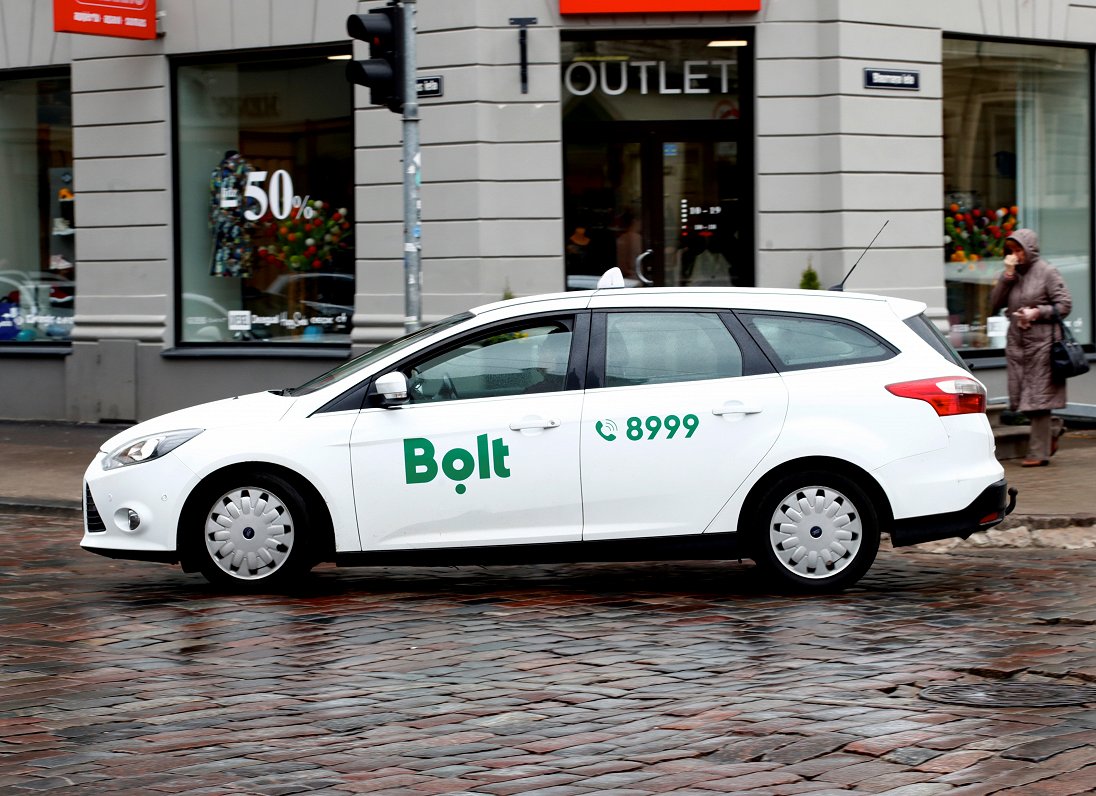A journalist was able to become a taxi driver at Bolt without having a proper licence. Even if she wanted to, she wouldn't have been able to procure one as her driving experience is short of the three years required by law. The journalist likewise hadn't registered as a commercial entity and hadn't procured a taxi licence for the car.
Bolt Latvia head Kārlis Ķezberis said that no drivers can use the service until the required checks have been carried out. Probed as to how, then, a driver was able to use the service the week before, he said: "Well, then it's difficult to say. Then we must look at specific cases in which maybe something was not checked."
But companies can check if a driver has a licence at the Road Transport Administration website, free of charge.
Tālivaldis Vectirāns, an official at the Transport Ministry, meanwhile ventured that the journalist herself had broken the law. Offering taxi services with a licence currently carries a fine of up to €700.
However, new regulations are to become effective within two months, and under these service providers will likewise become liable for drivers operating using their app. They will have to provide info about their drivers, including the ones driving without a licence.
Another problem that was brought to light during De facto's experiments was that companies do what they can to have as tenuous a relationship to their drivers as possible. For example, Yandex and Bolt consider themselves service providers as opposed to employers.
Yandex.Taxi PR person Olga Demjaņuka said that "Partners [transport companies] are responsible for hiring drivers with all the necessary requirements as per Latvian law."
Ķezberis meanwhile said that Bolt amounts to an intermediary between the consumer and partners that provide the actual service.
Meanwhile as a result of the De facto inquiry, the State Labor Inspectorate has started a probe over the agreement between Bolt and the drivers, which could be interpreted as saying there's in fact an employment relation between the two.
Pointedly, the relation between Uber, a similar rideshare app to Bolt and Yandex, and its contractors was recently classified as a regular employment relation in the UK.





























